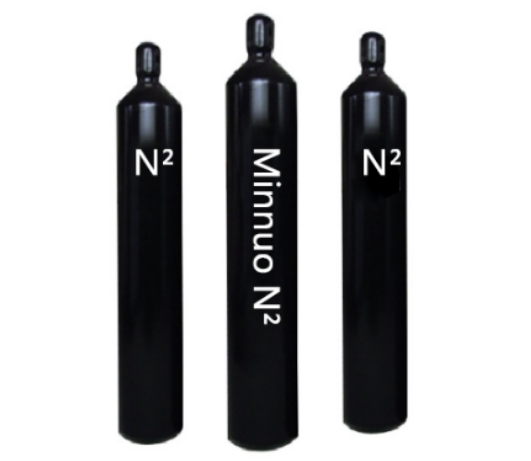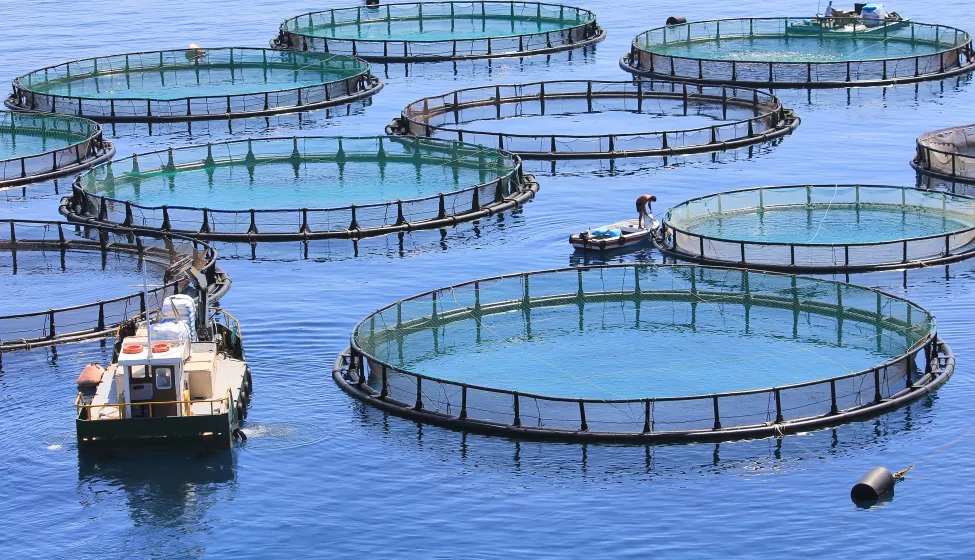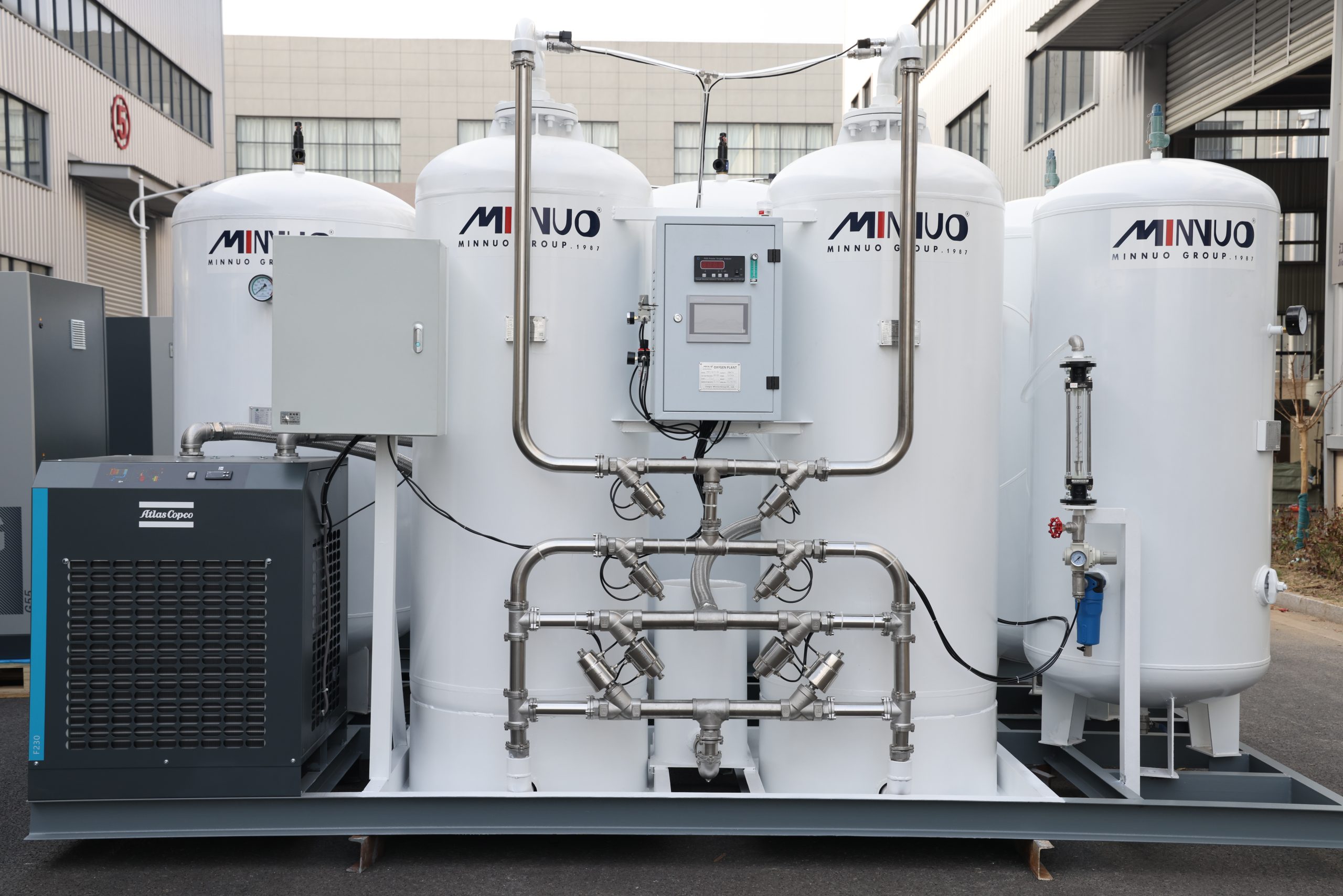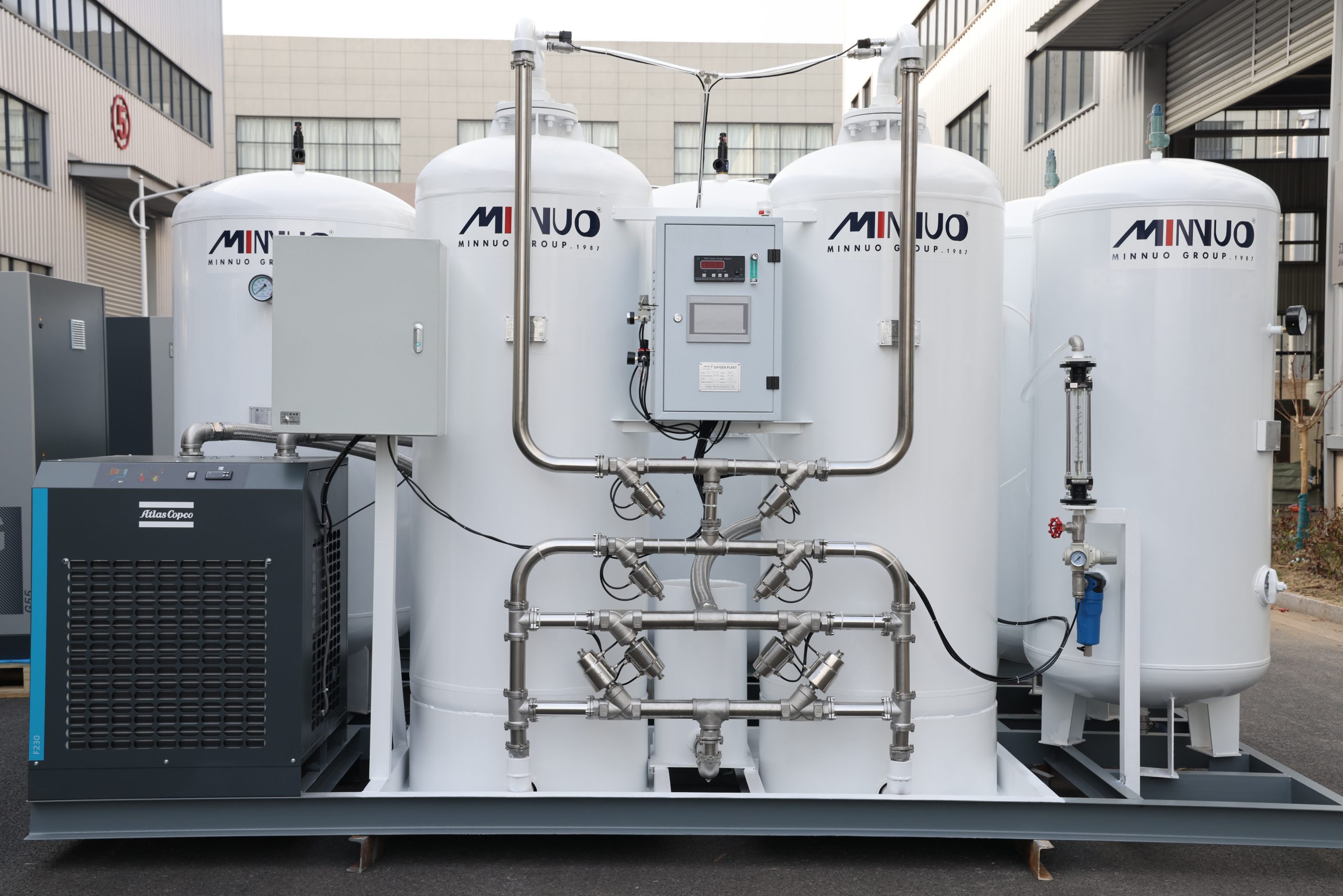Nitrogen purity is a critical parameter in many industrial and scientific processes, affecting everything from semiconductor manufacturing to food preservation. Understanding nitrogen purity grades and their applications can help businesses and researchers select the right type of nitrogen for their needs, ensuring efficiency and compliance with industry standards.
In this article, we’ll delve into the different purity grades of nitrogen, explore their specific applications, and discuss how to choose the right grade for your needs. Whether you’re involved in high-tech manufacturing or everyday laboratory work, this guide will provide valuable insights into the role of nitrogen purity in your operations.
What is Nitrogen Purity?
Nitrogen purity refers to the percentage of nitrogen in a gas mixture compared to other components, such as oxygen, water vapor, or hydrocarbons. It’s usually expressed as a percentage, with higher values indicating greater purity. Purity is crucial because it impacts the effectiveness and safety of various applications. For instance, in semiconductor manufacturing, even trace impurities can cause defects, so ultra-high purity nitrogen is required.
Nitrogen Purity Grades
High Purity Nitrogen (99.999% and above)
- Characteristics: Contains minimal impurities, typically less than 5 ppm (parts per million).
- Applications: Used in semiconductor fabrication, pharmaceuticals, and aerospace where even trace contaminants can affect the process or product quality.
Industrial Grade Nitrogen (99% to 99.9%)
- Characteristics: Contains higher levels of impurities than high purity nitrogen, but still suitable for many industrial processes.
- Applications: Commonly used in chemical manufacturing, food packaging, and metal processing where high purity is not as critical.
General Purpose Nitrogen (90% to 99%)
- Characteristics: Suitable for general applications where high purity is not required.
- Applications: Employed in laboratories, construction, and oil and gas industries where the primary concern is to create an inert atmosphere.

Purity Testing and Certification
The purity of nitrogen is tested using various methods, such as gas chromatography, which measures the concentration of impurities in the nitrogen gas. Certifications, like those from ISO (International Organization for Standardization) or ASTM (American Society for Testing and Materials), ensure that the nitrogen meets specific quality standards.
- High Purity Nitrogen: According to industry standards, nitrogen with a purity of 99.999% is considered ultra-high purity. This level of purity is necessary for applications where even the smallest impurity can cause significant issues .
- Industrial Grade Nitrogen: Typically contains up to 1000 ppm of impurities, which is sufficient for many industrial processes but not for applications requiring ultra-high purity .
Applications of Nitrogen Purity Grades
High Purity Nitrogen (99.999% and above)
- Semiconductor Industry: Used in the production of microchips where contaminants can affect performance and reliability. The purity levels required are among the highest to ensure defect-free products .
- Pharmaceutical Industry: Ensures the integrity of sensitive chemical processes and drug formulations. High purity nitrogen is critical for maintaining sterile conditions and preventing contamination .
- Aerospace Industry: Used in the manufacturing and testing of aerospace components where the atmosphere needs to be controlled to prevent corrosion or degradation .
Industrial Grade Nitrogen (99% to 99.9%)
- Chemical Manufacturing: Acts as an inert gas in chemical reactions to prevent unwanted oxidation or reactions with air .
- Food and Beverage Industry: Utilized in packaging to extend shelf life by displacing oxygen and preventing spoilage .
- Metallurgical Industry: Employed in heat treatment processes to provide an inert atmosphere and prevent oxidation of metals .
General Purpose Nitrogen (90% to 99%)
- Laboratory Applications: Provides an inert environment for various experiments where high purity is not essential .
- Oil and Gas Industry: Used for pipeline inerting and maintenance to avoid explosive atmospheres .
- Construction and Maintenance: Helps create a controlled atmosphere during construction activities to prevent contamination .
Factors Influencing Nitrogen Purity Requirements
Industry-Specific Requirements
- Semiconductor and Electronics: Ultra-high purity nitrogen (99.999% and above) is required to prevent contamination that could affect the quality and reliability of semiconductor devices.
- Pharmaceuticals: High purity nitrogen is essential to maintain the integrity of pharmaceutical products and ensure compliance with stringent quality standards.
- Food and Beverage: Industrial grade nitrogen (99% to 99.9%) is sufficient for food packaging, where it helps in preserving freshness and extending shelf life.
Cost Considerations
Purity vs. Cost: Higher purity nitrogen is more expensive due to the additional processing required. For applications where high purity is not crucial, opting for industrial or general-purpose nitrogen can be cost-effective without compromising on performance.
Environmental and Safety Standards
Regulatory Compliance: Different industries have specific regulations governing nitrogen purity to ensure safety and environmental protection. Compliance with these standards is essential to avoid legal and operational issues.
Application Sensitivity
- Precision Requirements: Applications requiring high precision, such as semiconductor manufacturing, necessitate the use of high purity nitrogen to avoid any impact on the final product,High-purity nitrogen can be extracted by using a professional nitrogen generator.
- General Use: For less sensitive applications, such as inerting in pipelines or general laboratory work, lower purity levels can be used effectively without compromising the outcome.
Choosing the Right Nitrogen Purity
Selecting the appropriate nitrogen purity involves assessing your specific needs:
- Assessing Your Needs: Consider the criticality of purity for your process. High-tech applications require higher purity, while general use can tolerate lower grades.
- Consulting with Experts: Professional advice can help in selecting the right purity level and ensuring compliance with relevant standards and regulations .
Future Trends in Nitrogen Purity
- Technological Advancements: Innovations in nitrogen purification technologies are making it more efficient and cost-effective to achieve ultra-high purity levels .
- Evolving Standards: Industry standards are continuously evolving, impacting purity requirements and applications .
To select the right nitrogen purity, assess the specific needs of your application and consult with experts to ensure compliance and optimize performance. Minnuo as a professional nitrogen plant manufacturer and supplier, our professional engineers can help you choose the right nitrogen purity and nitrogen plant, then contact us quickly!
FAQs
A: Industrial grade nitrogen is used in chemical manufacturing, food packaging, and metal processing where high purity is not as critical.
A: Assess your specific application requirements and consult with industry experts to select the appropriate nitrogen purity level.







 sales2:+86 17506119168
sales2:+86 17506119168

